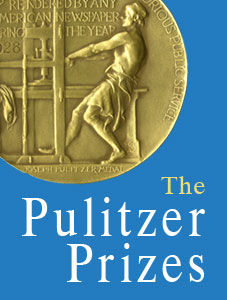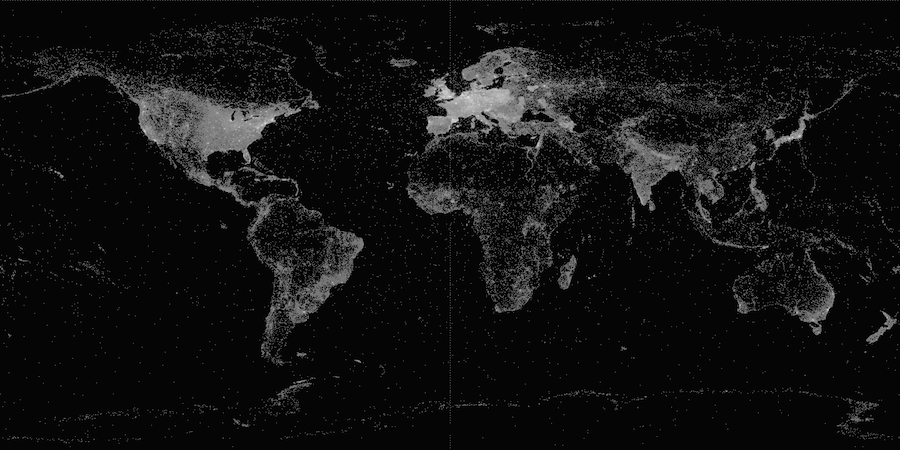Ladies and gentlemen, here are the 2015 Pulitzer Prizes:
Journalism
 Public Service: The Post and Courier, Charleston, SC
Breaking News Reporting:Â The Seattle Times Staff
Investigative Reporting:Â Eric Lipton of The New York Times;Â Â The Wall Street Journal Staff
Explanatory Reporting:Â Zachary R. Mider of Bloomberg News
Local Reporting:Â Rob Kuznia, Rebecca Kimitch and Frank Suraci of the Daily Breeze, Torrance, CA
National Reporting:Â Carol D. Leonnig of The Washington Post
International Reporting:Â The New York Times Staff
Feature Writing:Â Diana Marcum of the Los Angeles Times
Commentary:Â Lisa Falkenberg of the Houston Chronicle
Criticism:Â Mary McNamara of the Los Angeles Times
Editorial Writing:Â Kathleen Kingsbury of The Boston Globe
Editorial Cartooning:Â Adam Zyglis of The Buffalo News
Breaking News Photography:Â St. Louis Post-Dispatch Photography Staff
Feature Photography:Â Daniel Berehulak, freelance photographer, The New York Times
 Letters, Drama, and Music
Fiction:Â All the Light We Cannot See by Anthony Doerr (Scribner)
Drama:Â Between Riverside and Crazy by Stephen Adly Guirgis
History:Â Encounters at the Heart of the World: A History of the Mandan People by Elizabeth A. Fenn (Hill and Wang)
Biography or Autobiography:Â The Pope and Mussolini: The Secret History of Pius XI and the Rise of Fascism in Europe by David I. Kertzer (Random House)
Poetry:Â Digest by Gregory Pardlo (Four Way Books)
General Nonfiction:Â The Sixth Extinction: An Unnatural History by Elizabeth Kolbert (Henry Holt)
Music:Â Anthracite Fields by Julia Wolfe (Red Poppy Music/G. Schirmer, Inc.)
Source:Â http://www.pulitzer.org/awards/2015



